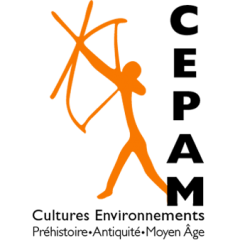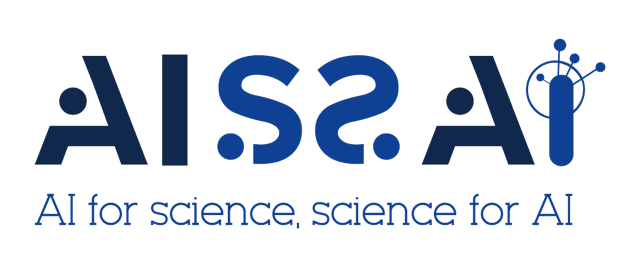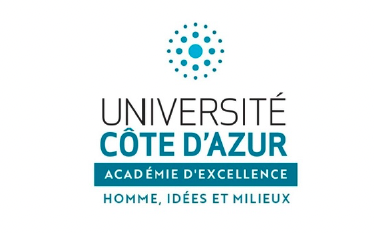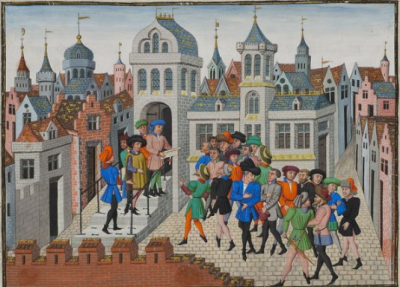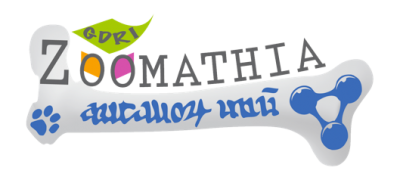[14h] Catherine Faron, Arnaud Zucker : Introduction of the HisINum workshop
[14h10]— Marieke VAN ERP (Amsterdam, Digital Humanities Research Lab): Treasures and Traps on the Intersection of Data, Humanities and Computing
The mass digitisation of historical archives has brought humanities research into the realm of big data. However, working with historical data is not for the faint of heart: data can be incomplete, warped through digitisation artefacts, or difficult to understand as language and society have changed. But it can also be immensely rewarding as it provides a window on the past that can help us understand today’s society better. In this talk, I will discuss how my team is making computers make sense of historical archives in terms of dealing with changing societal values and their associated linguistic markers as well as missing data and other data quality issues.
Dr. Van Erp’s research visit is made possible by the AISSAI Center of the CNRS Thematic semester “Artificial Intelligence and Digital Humanities”’
[14h55] — Céline POUDAT (BCL, UNICA): Exploring Textual Corpora: Methodological Questions
I will discuss key principles and methods of corpus linguistics, an approach that aims to describe language usage through collections of textual data. It addresses the issue of representativity in a corpus, sampling methods (both simple and stratified), and the distinction between corpus-based (deductive) and corpusdriven (inductive) approaches. I will also briefly present two volumes I have co-authored on Corpus exploration (Poudat&Landragin 2017) and Textual Data Analysis (Lebart, Pincemin, Poudat 2019).
[15h40] Pause
[16h00] Alexandre TRUC (GREDEG, UniCA): A quantitative approach to meta-sciences diversity: the case of economic philosophy
For a special issue about diversity in philosophy of economics, we use quantitative tools to study two issues. First, we investigated gender diversity among authors in philosophy and methodology of economics, comparing it to the disciplines of economics and philosophy. Using bibliometric methods, we find that philosophy and methodology of economics, as an interdisciplinary field, consistently had a lower share of women authors than its parent disciplines, which are the two social sciences and humanities disciplines that are the furthest from gender parity. Second, we studied the evolving relationship between philosophy of economics and economics itself. We present bibliometric evidence for increasing estrangement between the philosophy of economics and economics itself.
[16h45] Catherine FARON (I3S, UniCA): A unified KG-based approach to exploring scientific text corpora
In this talk I will present three different projects in which our team is involved, aiming at valorizing scientific text corpora in various contexts: history of zoology (HisINum), agronomy (D2KAB), and digital library (ISSA). I will highlight the general approach we are adopting, relying on the construction and exploitation of knowledge graphs semantically annotating textual ressources.
[17h30] Conclusion
Rencontres scientifiques à venir
Consulter toutes les rencontresAppel à communication | Histoires d'eau
150e Congrès national des sociétés historiques et scientifiques
Colloque | Congrès Préhistorique de France 2026 : Appel à communication session
Session organisée dans le cadre du prochain congrès de la Société Préhistorique française
Appel à contributions | Les espaces funéraires ruraux en Gaule romaine (Ier s. av. J.-C. au VIe s. apr. J.-C.)
XVIIe Colloque de l’Association d’étude du monde rural gallo-romain
Colloque | Les habitants en assemblées (Europe, XIIe-XVIIIe siècle)
Appel à communications, 15 mars 2026
Conférence | Animal Behaviour and Environments: Ecological Perspectives from Antiquity to the Present
XIIe ZOOMATHIA Conference – Submission of Proposals, May 15, 2026
Appel à contributions | Bâtis et territoires. Construire les espaces habités de la Protohistoire à nos jours : approches archéologiques et historiques
46es Rencontres internationales d’Archéologie et d’Histoire de Nice Côte d’Azur, organisées par Fabien Blanc Garidel, chef du service d’Archéologie Nice Côte d’Azur ; Sandra Zanella MCF, CNRS UMR 7264 CEPAM-Université Côte d’Azur
